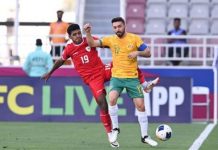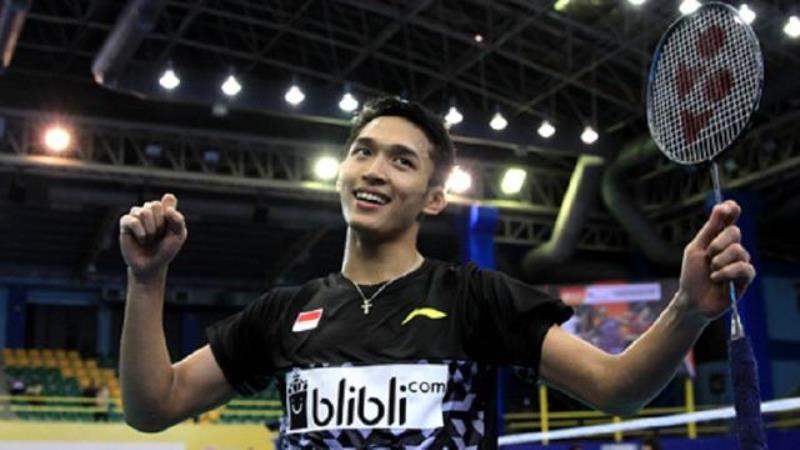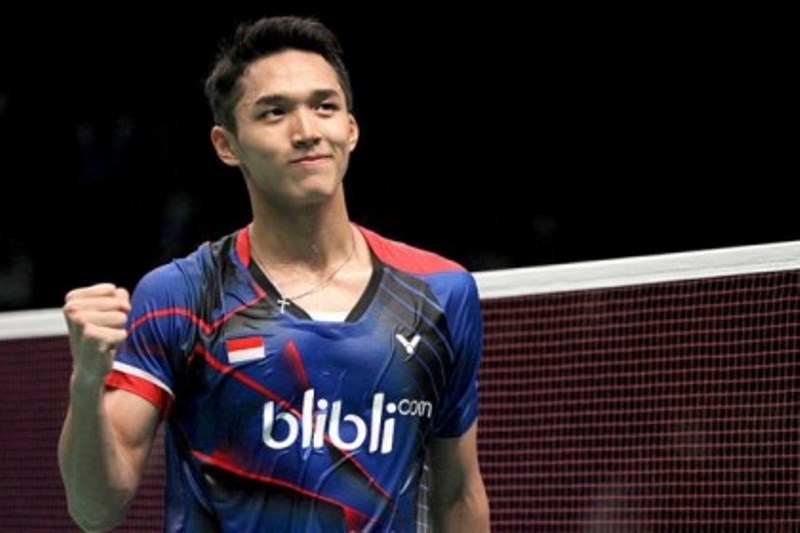
The brother of a king and an army major general, Prince Ali bin al Hussein has taken on the toughest of campaigns trying to reach the summit of world football.
The 40-year-old Jordanian royal won praise for his lone challenge to Sepp Blatter in FIFA’s presidential election last year. It has not helped win votes for the governing body’s decision day on Friday.
Prince Ali, a frustrated Arsenal fan, has travelled the globe seeking backing for his calls for greater transparency by the tainted organisation.
Last year, the prince secured 73 protest votes against Blatter and then gallantly withdrew without forcing a second round. Much of that support is now believed to have gone to establishment favourites Gianni Infantino of Europe and Asia’s Sheikh Salman bin Ebrahim Al-Khalifa.
Like many of his country’s royals, the brother of King Abdullah II went to the Sandhurst military academy in Britain. He was a member of Jordan’s special forces, specialising in parachute jumps.
The family has a sporting pedigree. His sister, Princess Haya, served two terms as head of the International Equestrian Federation and their half-brother, Prince Faisal, is a member of the International Olympic Committee.
The prince is the son of the late King Hussein and his third wife, Queen Alia, who died in a helicopter accident when he was just two.
He championed the cause of allowing women to play football in a hijab.
The rough and tumble of football politics have left Prince Ali bruised, however.
The prince was an Asian member on the FIFA executive from 2011 until 2015 and the day he first challenged Blatter.
He lost his seat to Asian Football Confederation president Sheikh Salman.
The prince has condemned the “backroom deals” that he says are one of the biggest causes of FIFA’s long-standing troubles and also spoken out for greater transparency in football’s dealings.
He has promised to substantially increase the share of revenues given back to the 209 member associations — increasing annual grants from $250,000 (227,000 euros) to $1 million — if he is successful.
The prince has also been one of the most vocal advocates of releasing the Garcia report into the 2010 FIFA votes that gave the 2018 and 2022 World Cups to Russia and Qatar respectively.
“We must overcome deep-seated corruption and political deal-making,” he said in announcing his new bid last September.
“I do not believe that FIFA can give this sport back to the people of the world without new leadership, untainted by the practices of the past.”
The campaign aainst Sheikh Salman, former FIFA deputy general secretary Jerome Champagne of France, South African businessman and politician Tokyo Sexwale, and UEFA general secretary Gianni Infantino has been a hard grind however.
Iraq is the only country to have publicly declared support for him this time, though the prince’s team say there are other “private” offers.
As the vote looms, the prince has stepped up criticism of the organisation and his rivals.
On Monday, the prince sent glass sided voting booths to Zurich in a protest against the election organisation.
He previously slammed a cooperation accord reached between the AFC and the African confederation which is backing Sheikh Salman.
“If other candidates do choose to work on regions and try to divide up the world, then, yes, I think that is wrong,” he said. – Agence France-Presse

































